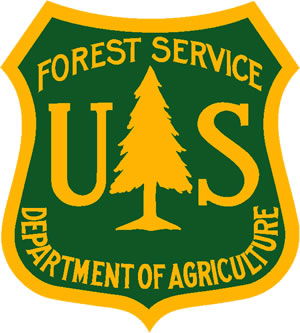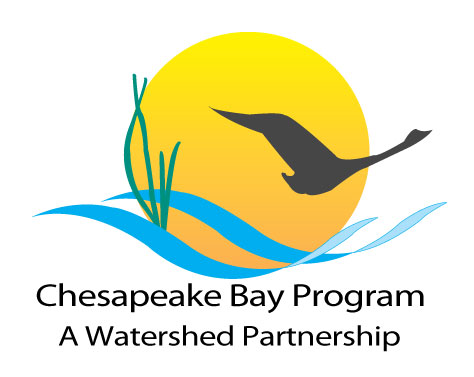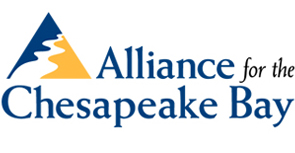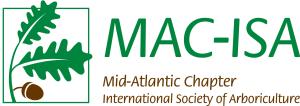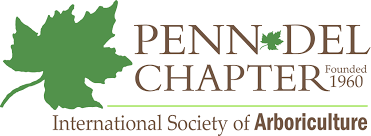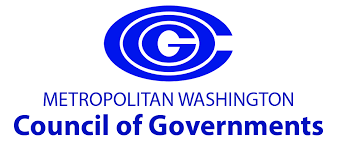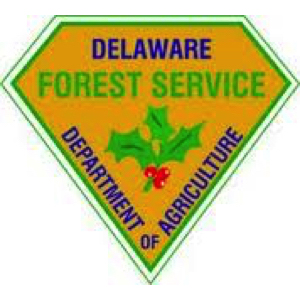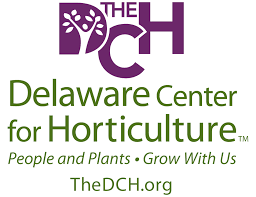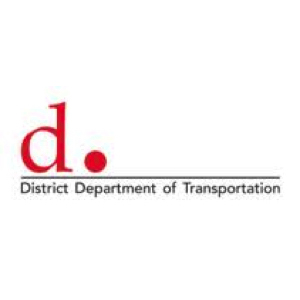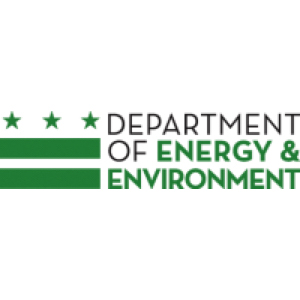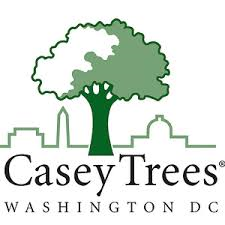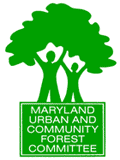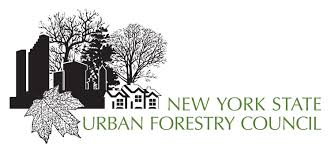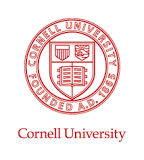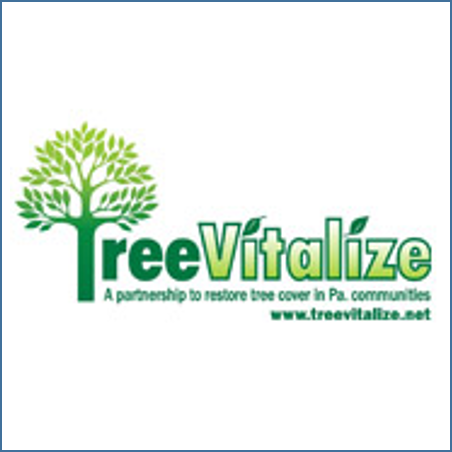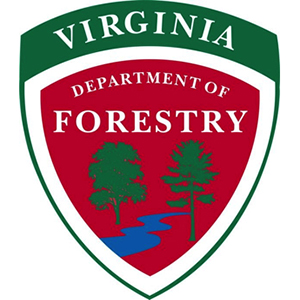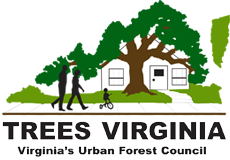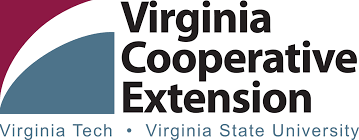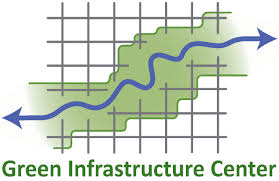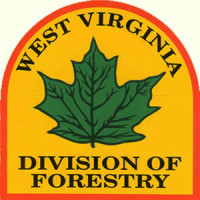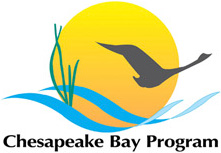Partners
Wherever you are in the Chesapeake Bay watershed, there are fantastic partners providing technical assistance to help communities understand, expand, and maintain their tree canopy. Use the menu below to find your state Urban and Community Forestry program information, as well as other key technical assistance partners at the state and regional level.
For local urban forestry contacts, look for your community on our Home Page map, or contact your state Urban and Community Forestry coordinator from the information below.
Regional/Multi-State Partners
The USDA Forest Service (Northeastern Area State & Private Forestry) is a long-standing federal partner in the Chesapeake Bay Program partnership, coordinating watershed-wide goals for tree canopy, riparian forest buffers, and forest conservation. For more information, contact Julie Mawhorter, the Mid-Atlantic Urban and Community Forestry Program Coordinator who helps lead collaboration on the Chesapeake Tree Canopy Strategy. We also collaborate with the Forest Service research team at the Baltimore Field Station.
Learn More
The Chesapeake Forestry Workgroup coordinates, develops and implements plans and projects which focus on the contributions of forest lands in restoring the health and productivity of the Chesapeake Bay watershed. Comprised of state forestry agencies, the USDA Forest Service, and a variety of partners, the Forestry Workgroup leads Chesapeake Bay partnership goals and strategies for Tree Canopy, Riparian Forest Buffers, and Forest Conservation.
Learn MoreThe Alliance for the Chesapeake Bay is a regional non-profit organization that strives to lead, support, and inspire local action to restore and protect the lands, rivers, and streams of the Chesapeake Bay watershed. The Alliance works with the Bay states, federal agencies, and local governments to demonstrate the water quality benefits of trees and forests through on-the-ground projects and communications.
Learn MoreThe Mid-Atlantic Chapter, International Society of Arboriculture is a non-profit professional organization of arborists, urban foresters, and others involved in the caring of trees.Our membership is made up of people from commercial, utility municipal sectors, educational institutions and other green industry related fields. Our chapter area includes District of Columbia, Maryland, Virginia and West Virginia.
Learn MoreThe purpose of the Pennsylvania-Delaware Chapter of the International Society of Arboriculture is to foster a greater appreciation for shade trees and to promote the science, technology, and practice of professional arboriculture in the states of Pennsylvania and Delaware. There are currently over eight hundred members in the chapter including commercial, consulting, municipal, and utility arborists, researchers and educators, horticulturists, and individuals interested in the care of trees and landscapes.
Learn MoreThe Metropolitan Washington Council of Governments (MWCOG) is an independent, nonprofit association that brings area leaders together to address major regional issues in the District of Columbia, suburban Maryland and Northern Virginia. MWCOG’s urban forestry program collaborates with DC and surrounding localities on urban tree canopy projects.
Learn MoreDelaware
The Delaware Forest Service is the lead agency providing technical assistance and grants to help communities with their tree canopy. The state program is advised by the Delaware Urban and Community Forestry Council, comprised of broad stakeholder representation. For more information, contact Kesha Braunskill, the state’s Urban and Community Forestry Coordinator.
Learn MoreThe Delaware Center for Horticulture cultivates a greener community, inspiring appreciation and improvement of our environment through horticulture, education, and conservation. DCH’s Community Forestry program, though primarily active in Wilmington, has expertise that is relevant throughout the state.
Learn MoreDistrict of Columbia
DC’s Urban Forestry Administration (UFA), housed within the District Dept. of Transportation (DDOT), is the lead agency managing the District’s tree canopy. UFA has 20 trained arborists on staff managing trees in each Ward and plants thousands of trees each year along streets and in public spaces. For more information, contact Robert Corletta, DC’s Urban and Community Forestry Coordinator.
Learn MoreThe DC Dept. of Energy and Environment (DOEE) promotes tree canopy through a variety of strategies, including the RiverSmart Homes Shade Tree Planting program for residential plantings.
Learn MoreCasey Trees is a nonprofit that works to restore, enhance and protect the tree canopy of the nation’s capital. In addition to planting thousands of trees each year on private and public properties, Casey Trees trains citizens to be active stewards and advocates of their tree canopy.
Learn MoreThe Metropolitan Washington Council of Governments (MWCOG) is an independent, nonprofit association that brings area leaders together to address major regional issues in the District of Columbia, suburban Maryland and Northern Virginia. MWCOG’s urban forestry program collaborates with DC and surrounding localities on urban tree canopy projects.
Learn MoreMaryland
The Maryland Forest Service (Dept. of Natural Resources) is the lead agency that provides technical assistance and administers statewide programs and regulations to help communities maintain and expand their tree canopy. For more information, contact Marian Honeczy, the state’s Urban and Community Forestry Coordinator.
Learn MoreThe Maryland Urban and Community Forest Committee is a volunteer group of citizens, professionals, and government officials united to protect and enhance Maryland’s forest ecosystems. The primary functions of the Committee are to promote and coordinate the Maryland Community PLANT Award Program that officially recognizes communities planting and caring for trees, and to administer Grants to schools and communities through their local Forestry Boards that promote planting and care of trees.
Learn MoreMaryland Forest Conservancy District Boards are active in each county of the state. Board members work closely with their local foresters and primarily serve as advisory, educational, and facilitating bodies, collaborating on a variety of programs throughout the state.
Learn MoreNew York
The New York State Department of Environmental Conservation (Lands & Forests) is the lead agency providing assistance to communities through local DEC Urban Foresters and ReLeaf volunteers. Financial assistance is available from the State through competitive cost-share grants. For more information, contact Mary Kramarchyk, the state’s Urban and Community Forestry Coordinator.
Learn MoreThe New York State Urban Forestry Council is a volunteer group, organized formally in 1999, to advise and assist the NYS Department of Conservation (DEC) in executing its Urban and Community Forestry policies.
Learn MoreThe Cornell University Urban Horticulture Institute’s mission is to improve quality of life by enhancing the functions of plants within urban ecosystems. In addition to research and helpful online publications and tools, one dimension of the Institute’s work involves working with municipalities to assess and manage their urban tree resources while applying appropriate technologies.
Learn MorePennsylvania
The Pennsylvania Bureau of Forestry (Dept. of Conservation and Natural Resources) is the lead agency providing financial and technical assistance to restore tree cover in Pennsylvania communities through the public-private TreeVitalize partnership. For more information, contact Rachel Reyna, Section Chief, Rural and Community Forestry.
Learn MoreTreePennsylvania, the Pennsylvania Urban and Community Forestry Council, is a state-wide, non-profit organization dedicated to nurturing the growing forests throughout Pennsylvania’s urban landscape. A core partner in the state’s TreeVitalize partnership, the Council administers competitive grants to communities and supports other trainings and technical assistance.
Learn MorePenn State Extension’s staff of regional extension urban foresters help communities manage their trees and green spaces properly and safely through technical advice, educational workshops, and grants that promote proper tree planting and tree care. As a core TreeVitalize partner, extension leads webinars in community forestry and green infrastructure, and supports a variety of training opportunities statewide.
.
Learn MoreVirginia
The Virginia Deparment of Forestry is the lead agency providing technical assistance and competitive grant programs to promote community tree canopy. For more information, contact Barbara White, the state’s Urban and Community Forestry Coordinator.
Learn MoreTrees Virginia is the non-profit Urban Forest Council for Virginia, promoting community tree canopy through a variety of education and outreach activities. Trees Virginia coordinates the state Tree Stewards program and supports regional Urban Forestry Roundtables in Northern Virginia and Hampton Roads, with a variety of presentations and resources archived online.
Learn MoreVirginia Cooperative Extension’s Urban and Community Forestry program promotes community tree canopy through research, online publications and resources, and technical assistance.
Learn MoreThe Green Infrastructure Center, Inc. (GIC) was formed in 2006 to help local governments, communities, and regional planning organizations, land trusts and developers evaluate their green infrastructure assets and make plans to conserve them. GIC has assisted communities in Virginia and other states in urban tree canopy assessment and planning.
Learn MoreWest Virginia
The West Virginia Division of Forestry is the lead agency providing technical and financial assistance to support community tree canopy throughout the state. For more information, contact Bob Hannah, the state’s Urban and Community Forestry Coordinator.
Learn MoreThe Cacapon Institute provides urban tree canopy technical assistance to the West Virginia panhandle counties in the Chesapeake Bay watershed and administers the “Carla Hardy WV Project Communitree” grant program. For more information, contact Frank Rodgers, WV’s Chesapeake Tree Canopy Coordinator.
Learn More